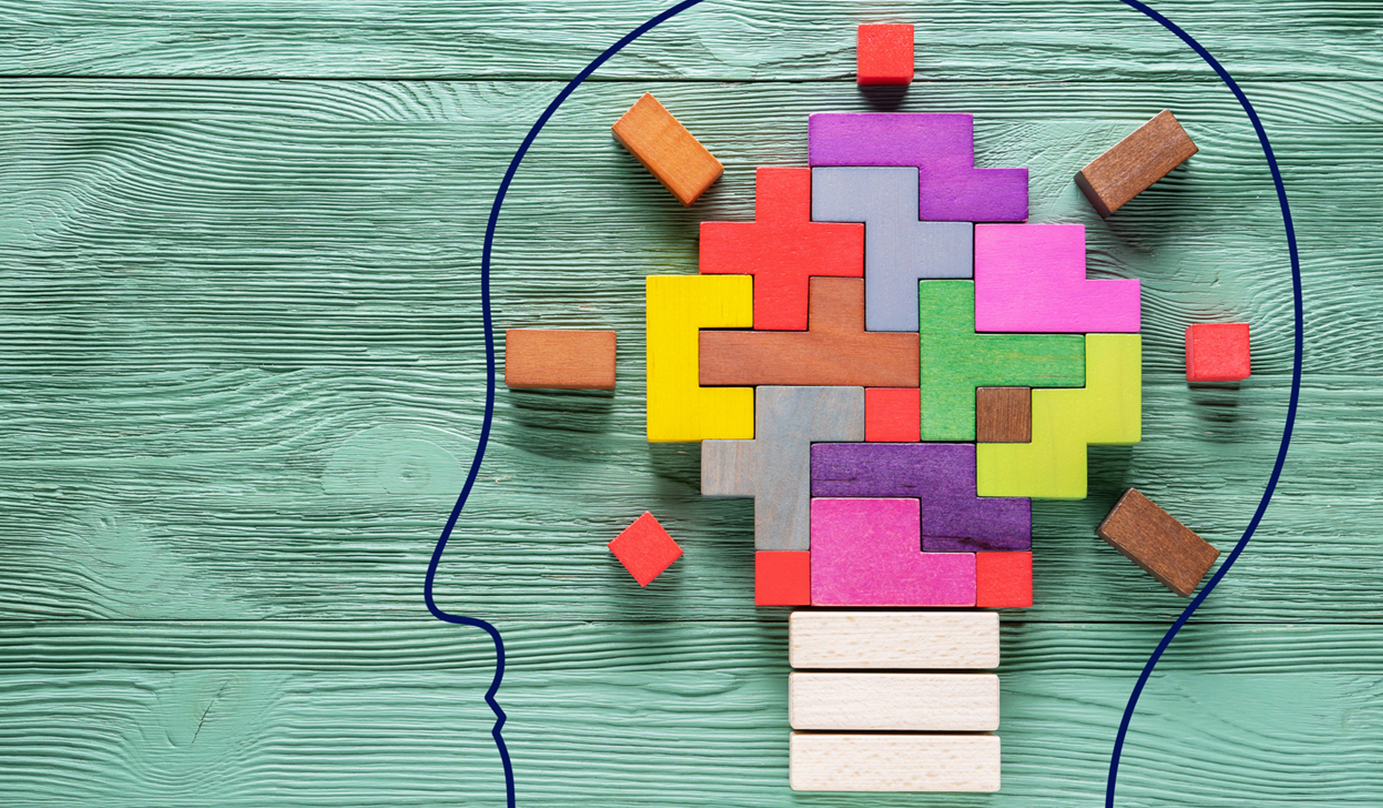
Many people around the world are born with disabilities. But that does not mean that they cannot do amazing things. The brain is an amazing organ. If one sense does not work, it can be rewired to enhance the others.

Losing either your sight or hearing would change your life. Now imagine being both blind and deaf. Around 35,000-40,000 people live with deafblindness in the United States.

Helen Keller was born in the United States in 1880. She became both blind and deaf when she was two years old. Keller learned to communicate in her own way. She learned a method called Tadoma. With this method, Keller placed her hand on a person's face. She could feel the vibrations and understand spoken language.

Keller was able to graduate from university. She went on to write twelve books. She stood up for people with disabilities, for women’s rights, and for peace. Being both blind and deaf did not stop her from doing great things.

There are more multisensory methods used to help deafblind people communicate now than there were in the past. One such method is Tacpac. Tacpac uses the sense of touch and music to develop communication skills. It can change the life of people with profound learning difficulties.

Ray Charles was a musician. As a child, he became blind due to glaucoma. His mother, a poor, uneducated woman, found it difficult to care for her son. It was not easy to find a school that would accept a blind African-American child in the 1930s. He attended a school for the deaf and blind in 1937. There, he developed his musical talent. He learned classical piano by reading braille music.

After playing in bands for a few years, he was signed by Atlantic Records in 1952. It was at this point his success began; he started to combine different types of music. He was often called 'The Genius' by other musicians. He won many awards for his music. Charles will be remembered for the hardship he faced throughout his life as a blind, African-American man from a poor family.

Evelyn Glennie is a Scottish musician. She gives over 100 concerts a year and teaches many masterclasses in music schools. Talented, she plays many instruments, such as the chimes, the drums, and the congas. She is a spokesperson for the importance of percussion instruments in music.

Glennie is profoundly deaf. After losing her auditory sense at age 12, she continued to play music. She says that she can hear with other parts of the body than just the ears.

In 1951, Kim Peek was born. At 9 months of age, his parents were told that their son had severe mental conditions and would never be able to learn. But that was not the case.

Peek was a savant. He was born with a congenital disorder. This meant that he had an enhanced memory. He remembered everything he read. Peek had great calendrical knowledge; he could tell anyone on which day of the week they were born.

Savants are people with mental disabilities who have certain skills that are above average. They often have sensory hypersensitivity. This gives them extreme attention to detail.

These amazing people inspire children around the world with disabilities. No matter how you are born, you can always do amazing things.